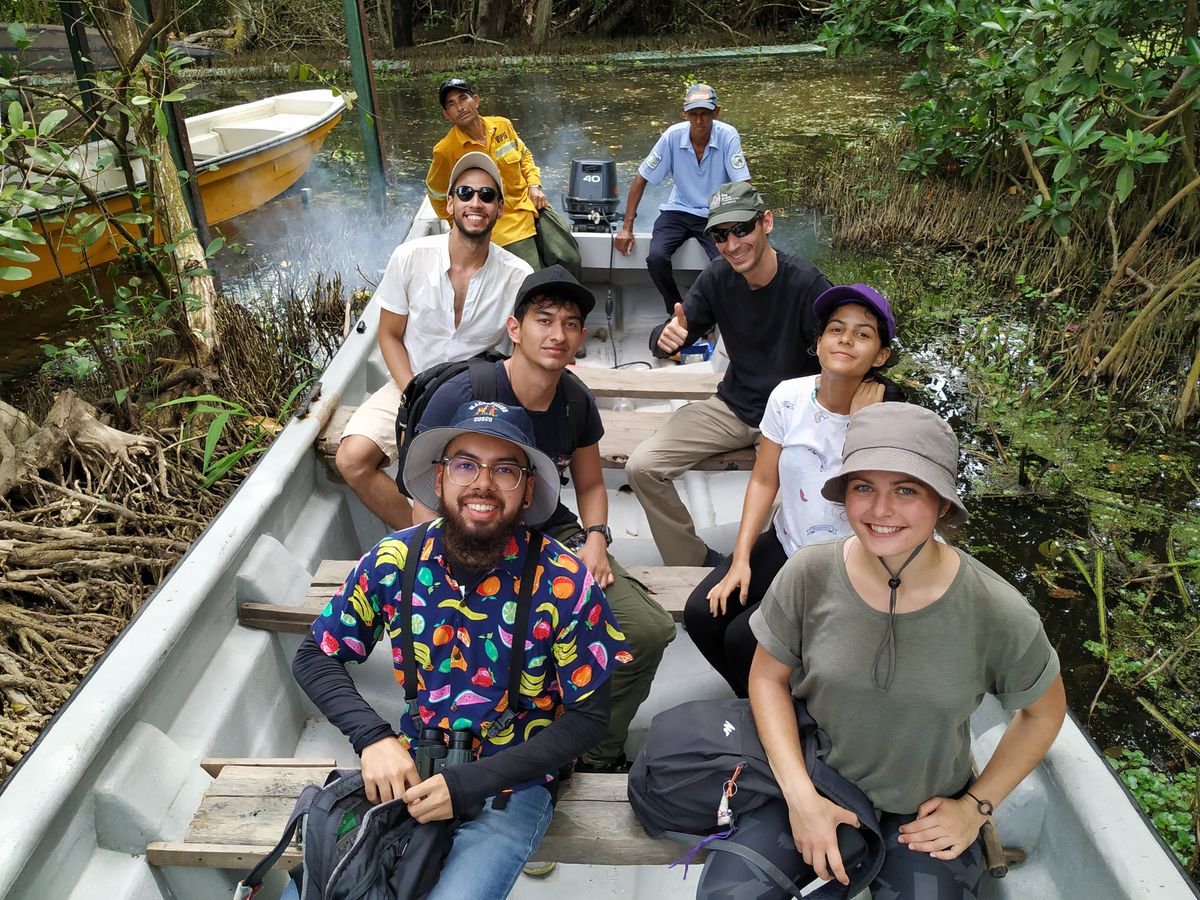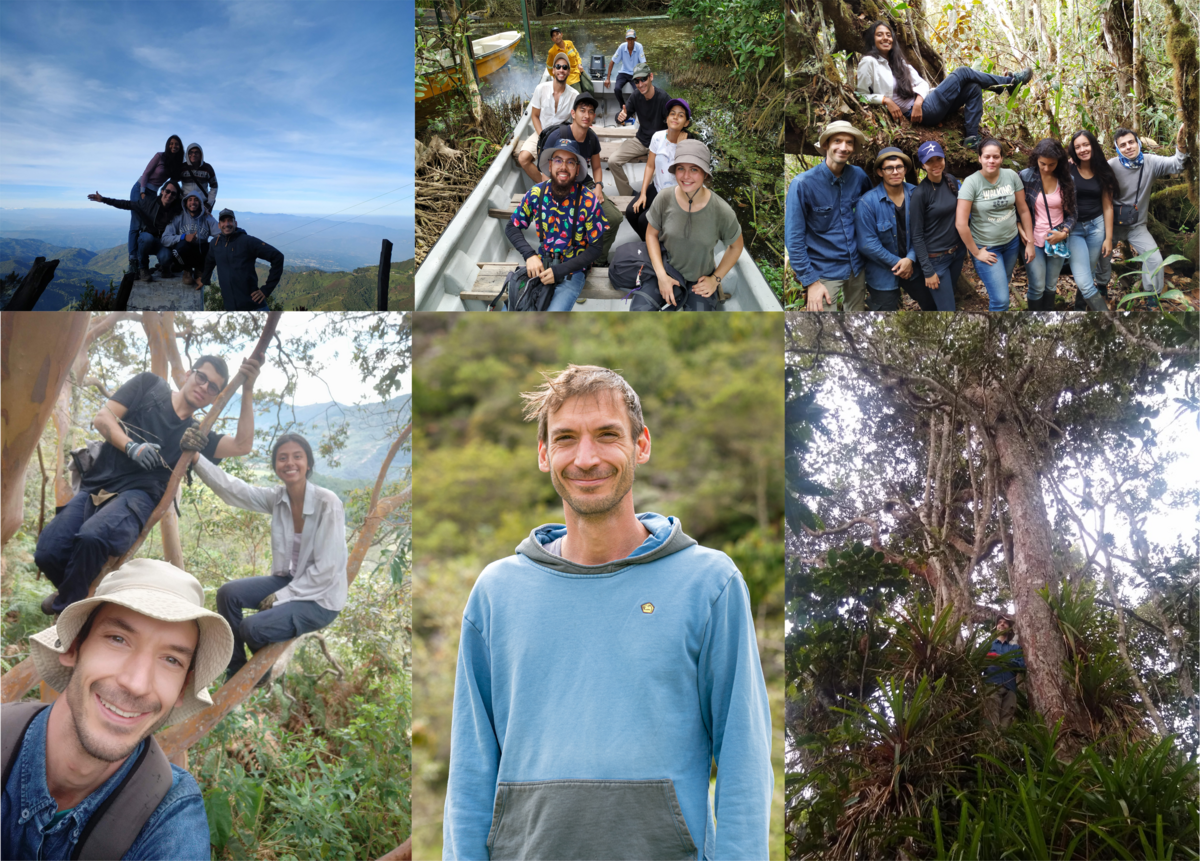Here you can find a list of possible internships for our students
Institutions available for Internships
Prof. Dr. Björn Reu
Since we work a lot with the people of our study region, we have several possibilities to host them so that they get on-ground experience. We are participating in a regional network of private reserves where work can be done on practical conservation issues related to fauna (Puma, Spectacle Bear), on ecosystem services (water provisioning, carbon - permanent plots), we have also established a network for knowledge interchange (something like citizen science with farmers -> check out videos!. In my lab we are working also on Paramo vegetation and forest structure using 3D UAV remote sensing. We are also interesting to use terrestrial laser scanning to monitor forest structure.
Prof. Dr. Raphael Proulx
We have ongoing cropping experiments in a factorial design that are being run in the floodplain of Lac Saint-Pierre. I am interested in monitoring assemblages of singing insects in these plots. That would be perfect for a master student
I have also ongoing research on urban lawns in the city of TR (many possible projects)
Dr. Daniel Magnabosco Marra
Email: dmarra@bgc-jena.mpg.de
We implemented the INVENTA project (wind-Tree Interactions) which consist of three 36 m height towers, fully equipped and collecting wind and other climate data. We have couple of students flying the area (18 ha) with a drone every 15 days for monitoring canopy dynamics. There is also the windthrown sites in which we monitore the forest dynamics and floristics (SAWI project). Therefore these two platforms can accommodate students on internships. Moreover, we have a three-week field course, always in July.



